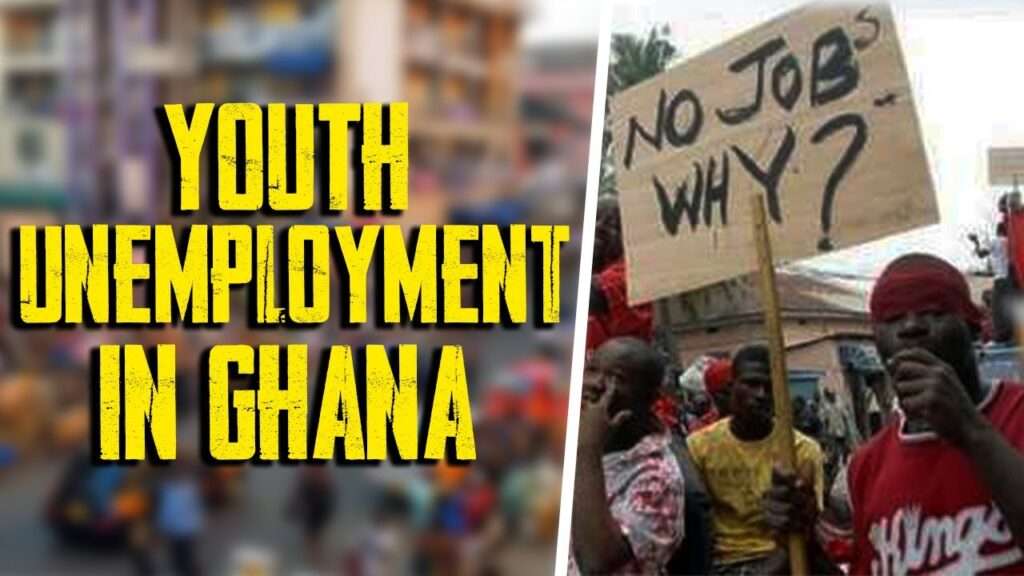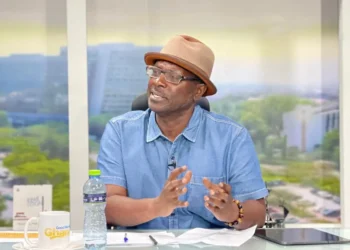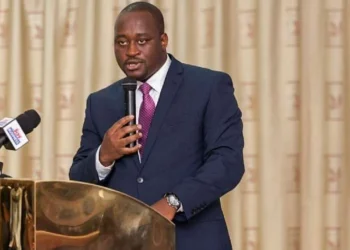Renowned legal scholar Prof. Stephen Kwaku Asare has raised concerns over the long-standing political tradition of “midnight appointments.”
Prof. Asare noted that these last-minute hiring decisions made by outgoing governments before leaving office—followed by “dawn revocations” by the incoming administration are detrimental to governance.
Accordingly, he argued that this cycle undermines national progress and calls for legislative intervention to bring order to the process.
“A government that has lost an election has, in effect, been rejected by the people. The moral and democratic legitimacy to govern is transferred to the incoming administration.”
Prof. Stephen Kwaku Asare
He asserted that hasty appointments after an election defeat serve political interests rather than national development.
According to him, midnight appointments, characterized by rushed hiring and promotions, often bypass due process and create unnecessary financial burdens on the state.

Prof. Asare noted that such practices are usually intended to reward political loyalists or disrupt the smooth transition of power.
He emphasized that these appointments are not in the interest of good governance but are instead designed to frustrate the new administration.
“This is why in December 2016 and again in November 2024, GOGO called for an Anti-Midnight Appointment Law, a legislation to prevent last-minute appointments except in exceptional circumstances.”
Prof. Stephen Kwaku Asare
Such a law, he suggested, would introduce stricter guidelines, ensuring that any post-election appointments undergo scrutiny and align with national interests rather than political convenience.
Blanket Revocations, Problematic
While acknowledging the concerns of a new government seeking to overturn questionable midnight appointments, Prof. Stephen Asare argued that the practice of sweeping revocations is equally flawed.
He described it as a “sledgehammer approach” that unfairly affects innocent professionals who have earned their positions on merit.
“The sledgehammer approach to revoking appointments sweeps too broadly, affecting far too many innocent Ghanafuo who are neither politicians nor political apparatchiks.”
Prof. Stephen Kwaku Asare

According to him, public sector recruitment is often a lengthy process, with appointments initiated months or even years before an election.
This means that many who are caught in post-election job terminations are victims of political resets rather than legitimate corrective actions.
He stressed that failing to distinguish between politically motivated midnight appointments and lawful career-based appointments is “not just unjustified, it is unjust.”
The resulting uncertainty discourages young professionals from pursuing careers in the public sector, weakens institutional credibility, and deepens political polarization.
Accordingly, Prof. Asare believes Ghana must break free from this recurring cycle of political maneuvering.
He argued that every administration must learn from the mistakes of its predecessors rather than replicate them.
“If one government abused the process through midnight appointments, it is no excuse for another to weaponize mass terminations in response. The nation cannot afford to move in cycles of vengeful governance. It must move forward with fairness, stability, and foresight.”
Prof. Stephen Kwaku Asare
As such, he called for a shift from retaliatory governance to one rooted in fairness and ethical decision-making.
Instead of mass revocations, he suggested a “scalpel approach“—a methodical review of appointments to differentiate between politically influenced decisions and legitimate career placements.
Legislative and Ethical Reforms Needed
Furthermore, to establish a more equitable and transparent system for public sector recruitment, Prof. Asare advocated for a series of critical reforms aimed at curbing politically motivated appointments and dismissals.
One of his primary recommendations is the enactment of a legislative framework that would prevent outgoing governments from making last-minute appointments following an electoral loss.
This proposed Anti-Midnight Appointment Law would serve as a safeguard against politically driven hires, ensuring that recruitment decisions are made in the best interest of the nation rather than as a means to reward party loyalists.

Additionally, he called for a more deliberate and methodical approach to reviewing appointments.
Instead of implementing sweeping revocations that often result in the unfair dismissal of qualified professionals, he suggested a careful, case-by-case assessment to distinguish between politically motivated appointments and those made through standard recruitment procedures.
Prof. Asare also stressed the need to abandon retaliatory governance practices, emphasizing that a new administration should focus on building a fair and stable system rather than engaging in cycles of political retribution.
Setting a precedent of impartiality and accountability, he argues, would strengthen public confidence in state institutions.
“Strengthen Institutional Independence to ensure that public service recruitments are shielded from political interference, no matter the administration in power”.
Prof. Stephen Kwaku Asare
By insulating public sector recruitment from political interference, state institutions can ensure that hiring decisions are guided by merit, competence, and professionalism rather than partisan considerations.
Strengthening these structures, he believes, is essential to restoring trust in governance and fostering a more stable and effective public administration.
Prof. Asare recalled the teachings of Prof. S. A. Nkrumah on public administration, stating that the neutrality of public service must be restored.
“Today, neither the good professor nor GOGO can recognize that teaching in practice. It is time to restore true neutrality to our public institutions.”
Prof. Stephen Kwaku Asare
He concluded with a strong call for change, urging leaders to prioritize national development over political score-settling. “At its heart, governance is about building a nation, not settling scores. We deserve better than a cycle of midnight maneuvers and dawn purges”.
Accordingly, Prof. Asare emphasized the need for leadership that prioritizes wisdom, careful judgment, and a long-term vision that extends beyond just winning the next election.
READ ALSO: Crisis in the DRC: A Structural Issue Beyond Battlefield Tactics – Expert Diagnosed























